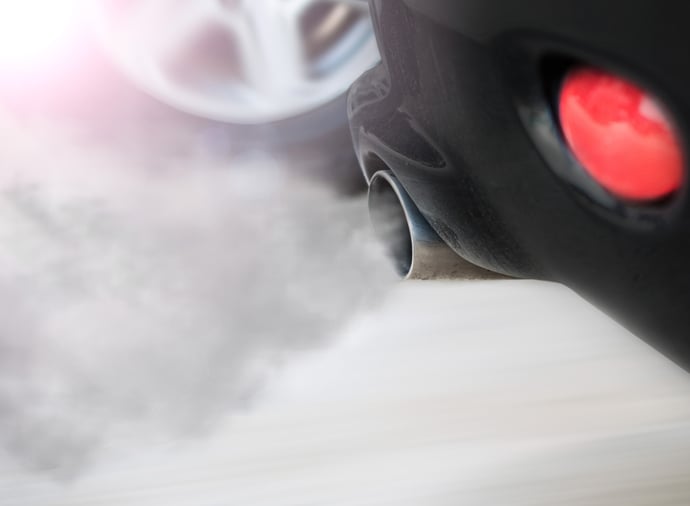Battery electric vehicles (BEVs) saw their highest month for registrations across 2022 in November with 29,372 new registrants, the Society of Motor Manufacturers and Traders (SMMT) stated.
This has followed trends in the BEV market across 2022 with increasing purchases of EVs ahead for the internal combustion engine (ICE) sale ban coming into effect in 2030. The 29,372 figure is also a rise on last month’s figure which stood at 19,933, and accounted for one in five new cars registered in the UK in November.
BEVs have seen rapid increase in recent years thanks to to impending targets to decarbonise British transportation. However, this rising figure in the sales of BEVs in November coincides with data released by Zap-Map on Monday which indicated that connected EV chargers reached 36,752 across the UK.
Providing sufficient EV charging capabilities is vital to prevent “range anxiety” associated with the transition to EVs. Solving this issue with public chargers across the country could prove crucial in the decarbonisation of the UK’s transportation sector.
With the increase in chargers, both BEVs and hybrid electric vehicles (HEVs) have seen greater change on a year-on-year scale. According to the SMMT, HEVs have seen an increase of 66.9% on the previous year whilst BEVs have seen an increase of 35.2% from last year.
Plug-in hybrid (PHEVs) registrations fell by -5.7% year-on-year, making up 7.1% of the market.
“Recovery for Britain’s new car market is back within our grasp, energised by electrified vehicles and the sector’s resilience in the face of supply and economic challenges,” said Mike Hawes, chief executive of the Society of Motor Manufacturers and Traders.
“As the sector looks to ensure that growth is sustainable for the long term, urgent measures are required – not least a fair approach to driving EV adoption that recognises these vehicles remain more expensive, and measures to compel investment in a charging network that is built ahead of need. By doing so we can encourage consumer appetite across the country and accelerate the UK’s journey to net zero.”
Coinciding with this rise in EV registrations in November, is New AutoMotive’s latest data that has shown that around 21% of new car registrations had been ‘pure electric’ or BEVs, in November, which aligns with SMMT’s data.
With this rapid rise in adoption, several regions have been recognised in having the largest market share of EVS according to New AutoMotive. This includes Oxfordshire with a 44% market share, Anglia with 29%, North East England with 23%, London with 22% and Birmingham with 21%.
“Electric vehicles have helped drive recovery, growing again both in sales volume and market share year-on-year, while petrol sales are stuck in the slow line, with their lowest market share outside of a lockdown month,” said Ben Nelmes, CEO of New AutoMotive.
“As finance and leasing costs have risen over the last 12 months, the cost of leasing some electric models has fallen. Combined with the cheap running costs, this makes electric cars an attractive way to beat the rising cost of living.
“We need to turbo-charge the growth in electric vehicle sales. Ministers should stop delaying and publish their plans to implement a California-style zero emissions vehicle mandate so that consumers can continue to reap the benefits of the electric car revolution.”





